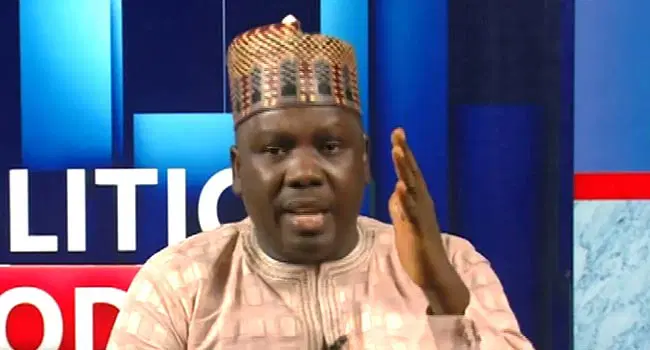President Bola Tinubu’s Special Adviser on Policy Communication, Daniel Bwala, has said it would be diplomatically unacceptable for the United States to conduct any military operation in Nigeria without the explicit consent of the Federal Government.
Speaking in an interview with the BBC World Service on Monday, Bwala emphasised that Nigeria remains a sovereign nation, warning that any form of foreign military intervention in its internal affairs must be collaborative and respectful of its territorial integrity.
His comments came in response to US President Donald Trump’s recent designation of Nigeria as a “country of particular concern” and his threat to deploy America’s ‘Department of War’ against terrorist groups he claimed were targeting Christians.
Trump had also warned that Nigeria could lose US aid if it failed to address insecurity, a claim that has drawn criticism from Nigerian officials.
Bwala, however, suggested that Trump’s comments were “largely misinterpreted,” expressing confidence that the matter would be clarified when Tinubu meets his US counterpart in the coming days.
He commended Trump for previously supporting Nigeria’s counterterrorism efforts through arms sales, describing it as a gesture of goodwill that contributed to strengthening the country’s security response.
“We are grateful to President Donald Trump because during his first term, he approved arms sales that strengthened Nigeria’s fight against insurgency. In his second term, he has again shown interest in supporting the fight against Boko Haram, which we welcome — but such efforts must rely on credible intelligence, not isolated reports or social media narratives,” Bwala said.
Addressing Trump’s threat of military intervention, Bwala said any action of that nature would only be legitimate if carried out in partnership with the Nigerian government.
“If it’s a joint operation with Nigeria, that’s acceptable. But diplomatically, it is wrong to invade a sovereign nation without collaboration, especially one that remains a strategic partner in the fight against insecurity. Unilateral intervention only happens when there is evidence that a government is complicit in a crisis. That is certainly not the case in Nigeria,” he said.

